Here are the general steps to apply for a B-BBEE certificate:
Understand B-BBEE Requirements:
Before applying for a B-BBEE certificate, it’s crucial to understand the B-BBEE codes and requirements. These codes outline the criteria for measuring a company’s B-BBEE compliance. You can access the latest B-BBEE codes and guidelines from the South African Department of Trade, Industry, and Competition (DTIC) or relevant government websites.
Determine Your B-BBEE Level:
Calculate your company’s B-BBEE score based on the relevant B-BBEE codes. Your score will determine your B-BBEE level, which ranges from Level 1 (highest) to Level 8 (lowest). You may need the services of a B-BBEE software, consultant or verification agency to assist with this calculation.
Prepare Supporting Documents:
Gather all necessary documents to support your B-BBEE application. These may include financial statements, shareholder agreements, employee details, and any other documents relevant to your B-BBEE compliance
Select a Verification Agency:
Choose a B-BBEE verification agency accredited by the South African National Accreditation System (SANAS). The verification agency will assess your company’s B-BBEE compliance and issue the B-BBEE certificate.
Request a B-BBEE Verification:
Contact your chosen verification agency to request a B-BBEE verification. They will provide you with the necessary application forms and requirements.
Submit Application:
Complete the application forms and provide all required documentation to the verification agency. Make sure all information is accurate and up-to-date.
Verification Process:
The verification agency will conduct an on-site visit and review all documentation to assess your B-BBEE compliance. They will then calculate your B-BBEE score.
Verification Report:
The verification agency will issue a verification report, indicating your B-BBEE score and level.
B-BBEE Certificate Issuance:
If you meet the B-BBEE compliance requirements, the verification agency will issue a B-BBEE certificate with your B-BBEE level indicated on it. This certificate is valid for a specific period, usually one year.
Use and Display the Certificate:
Display your B-BBEE certificate prominently in your business premises, and use it in your business transactions as proof of your B-BBEE compliance.
Renewal and Monitoring:
B-BBEE certificates typically need to be renewed annually. Continue to monitor and improve your B-BBEE compliance to maintain or improve your B-BBEE level.
Remember that B-BBEE requirements and processes may change over time, so it’s essential to stay informed about the latest updates and regulations from the South African government. Consulting with a B-BBEE specialist or verification agency is highly recommended to ensure accurate compliance and certification.

